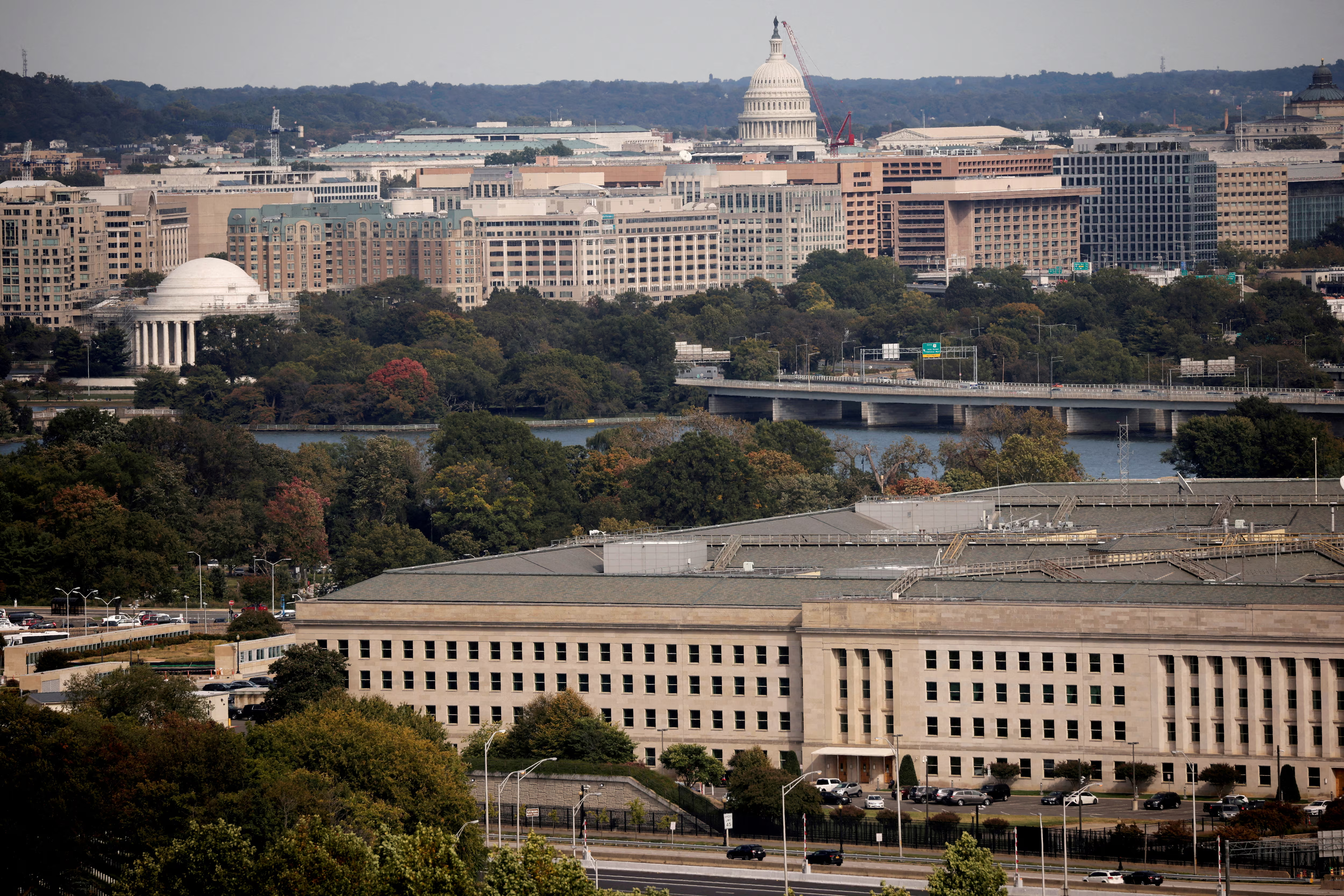U.S. Military Claims Victory Over Iran
In a recent press conference, Defense Secretary Pete Hegseth and General Dan Caine of the Joint Chiefs of Staff declared the U.S. military"s strikes on Iranian nuclear sites a "historically successful strike," with claims that the use of 30,000-pound bunker-buster bombs would obliterate Iran"s nuclear ambitions. However, the reality is far murkier than the Pentagon"s bravado suggests.
Intelligence Report Contradicts Official Narrative
According to AP News, an initial intelligence report from the Defense Intelligence Agency (DIA) reveals that the U.S. strikes likely set back Iran"s nuclear program by merely a few months—not the decisive blow that Hegseth and Caine would have the public believe. This staggering revelation raises serious questions about the efficacy and ethical implications of military intervention, particularly when lives hang in the balance.

Gen. Caine Has Taken Over as Chairman of the Joint Chiefs of ...
Media Accountability in War Reporting
Hegseth"s ire was directed not solely at Iran but also the media, which he accused of misrepresenting the success of the strikes. This is a glaring example of the ongoing struggle for media accountability and press freedom. Journalists like Fox News" Jennifer Griffin faced personal attacks for accurately reporting the findings of the DIA. Hegseth"s dismissal of Griffin"s work reflects a dangerous trend: vilifying the press to distract from uncomfortable truths.
The Human Cost of Military Action
While Pentagon officials tout their military prowess, the human cost of such strikes cannot be ignored. Innocent lives in Iran face dire consequences from military actions justified by misleading claims. The prospect of 80 million individuals living under the shadow of U.S. aggression raises urgent ethical questions about our military strategy and the potential for escalated conflict. As reported by The Washington Post, the strikes did not destroy the core components of Iran"s nuclear program, leading to a cycle of violence that threatens regional stability.

Pentagon hotline to Washington DC airport controllers ...
Political Ramifications and Public Sentiment
The political implications of these strikes are profound. The narrative spun by Hegseth and Caine may serve to rally some segments of the public around the idea of military intervention, but it also risks alienating those who demand accountability and transparency from their government. This is especially pertinent in an age where the public is increasingly skeptical of military engagements that fail to deliver promised results. Reports like those from Defense.gov highlight the need for a critical examination of U.S. foreign policy, especially as the consequences continue to unfold on the ground.


![[Video] Heavy clashes and gunfire reported in Baghdad, Iraq](/_next/image?url=%2Fapi%2Fimage%2Fthumbnails%2Fthumbnail-1768342239932-848qsh-thumbnail.jpg&w=3840&q=75)




![[Video] Gunfire between Iraqi security forces and Sadr militias in Baghdad](/_next/image?url=%2Fapi%2Fimage%2Fthumbnails%2Fthumbnail-1768343508874-4redb-thumbnail.jpg&w=3840&q=75)
